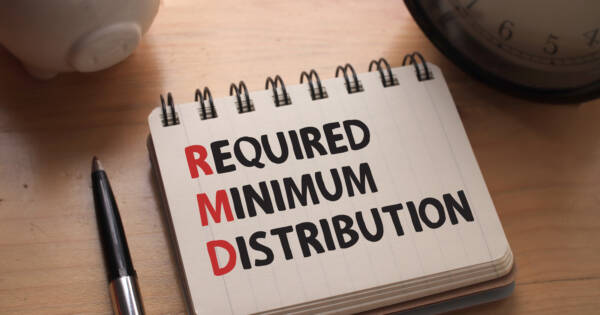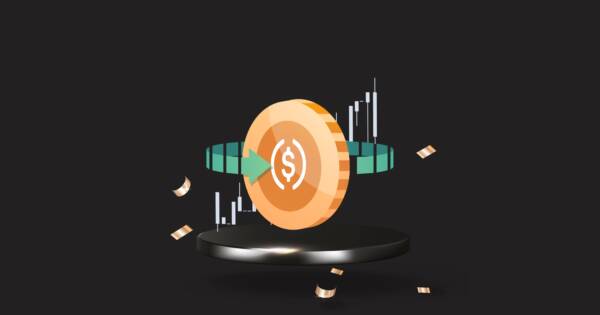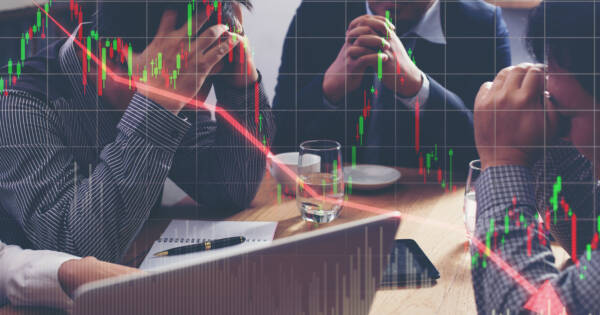What a roller coaster of a year 2020 has been. It’s usually a mistake to believe that “this time is different,” whenever a crisis happens. However, this year is one that seriously challenges the accepted truth. Between an unprecedented pandemic and lock down, an election with major consequences, and an uncertain road to both Covid-19 and economic recoveries, this year had never before seen volatility in the stock market. Remember back in March? Those market moves were truly historic. They even eclipsed the volatility experienced during the Great Depression, when the market eventually declined 90%. This has put even the most emotionally stable investor on edge. Unfortunately, some people cashed out at the lows, and subsequently missed a 50% move to the upside.
Yes, fifty percent. Let that sink in for a minute.
Investing is one of the best ways to improve your finances over time. But not if you sell out and miss moves like these. So what have 2020 taught us about investing? Here are a few mistakes you should make absolutely certain to avoid.
Doing Too Much
Anyone who sold at the lows lost out big time. We know it can be hard not to take action when you are glued to the second-to-second moves of the market, though. That’s why sometimes it’s better to just tune out of the daily new cycle — especially if you are investing for the long term. They don’t call financial news “financial porn” for no reason.
Curb your desire to trade frequently. It can be tempting to make a trade when the market drops, but that will only lock in your losses. Additionally, the more you trade, the more you pay in fees. Many brokers are advertising commission free trades, but you still lose on the spread (the price difference you get for buying versus selling) whenever you make a transaction.
Put together a good investment plan that you can stick to, rather than trading frequently. Then follow that plan. If you include index funds, you won’t have to worry too much when the market drops. As a whole, the market is likely to recover and come out ahead over time.
Do Nothing
Fear can make you act too often, but it can also paralyze you. The reason why developing a plan is so important is because it’ll help you consistently invest into the markets. You end up buying at certain highs, sure. But you also end up buying at the lows too. As we know, wealth is not built by timing the market, but by the time invested in the markets.
The other major benefit of having a plan and consistently investing is that those dollars saved are also not being used for frivolous spending. It’s hard to see the differences in the short term. But these savings really add up over time.
Don’t Keep Paying High Fees
Not too long ago, a study indicated that many workers cost themselves $155,000 in their 401(k)s because of fees over its lifetime. If you want to boost your real returns, it makes sense to avoid high fees. The reality is that you are going to pay some fees whenever you invest. There is no way to get around it.
However, you don’t need to pay high fees. There are a number of discount brokerages that charge very low fees. This is an easy way to keep more of your money. Additionally, there are funds and retirement plans that come with low fees. If your employer’s plan is high cost, talk to the human resources department about your options. You might consider switching your investments entirely.
Get educated about what you’re paying in fees. Then take steps to reduce these costs. Don’t be lazy and just… do nothing. It’s 2020 already! What are you waiting for? Figure out whether there’s a high cost to switching to low fee funds. If the answer is no, likely because most of your investments are in tax advantaged account where there are no tax consequences to switch investments, then don’t let another day pass by before you finally get rid of all those legacy high fees you’ve been paying.
Shunning Reasonable Risk
One of the biggest mistakes you can make is to shun reasonable risk. Many investors try to keep most of their money in cash because it’s “safer.” When you hear about a pandemic, or a likely economic catastrophe coming, or a very uncertain election, or entire industries on the brink of collapse, it’s hard not to run for the hill.
However, even keeping money as cash lose value over time. That’s because inflation, while low these days, is still a real issue. That $10,000 in cash hiding in a shoebox in your closet isn’t going to be worth $10K when you retire in 30 years. Then there’s the much bigger problem, which is the fact that just putting money into a savings account is unlikely to provide you with sufficient returns to build an adequate nest egg to fund a reasonable retirement.
If you want long-term investing success, you need to include some equities. You can reduce your chances of catastrophic loss by investing in index funds, rather than focusing on individual stocks. This is because you are changing the bet from the company continually being successful to an entire sector (or country) continuing its success. With index funds, you can get the benefit of overall market performance, without worrying that you chose the wrong individual stock.
Failure to Consider Taxes
Watch out for taxes. We already briefly touched on this earlier, but we need to talk about it in more detail. When you make major buy and sell decisions, the tax consequences can be great. They could push you into a higher tax bracket. This could make the transaction even more costly than it normally is.
Tax consequences extend past buying and selling too, because different types of assets are taxed at different tax rates. For example, stock dividends are taxed at a certain rate, while bond interests are taxed as ordinary income at a higher rate.
Many investors don’t take this into account though. They end up putting naturally tax-efficient assets in tax-advantaged accounts. Or they withdraw money early without considering long term and short term capital gains tax rates. Before you make your move, make sure you think about how much taxes you are liable for, and try to reduce that amount. It may even make sense to consult with a tax professional who can help you work out a plan that can reduce your long-term tax liability — and help you keep more of your money.
The Bottom Line
With the right approach, investing will help you build a foundation for wealth over time. Make too many mistakes, though, and you could seriously jeopardize your financial future. Take the time now to learn how to avoid those mistakes and you can retire very wealthy some day. Being rich is definitely within your grasp, but you need to consistently avoid simple yet devastating investment mistakes like these.
 Shutterstock
Shutterstock







